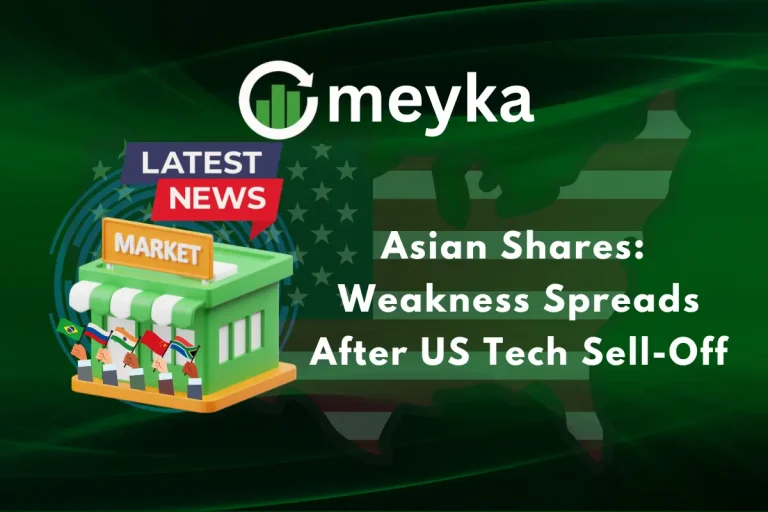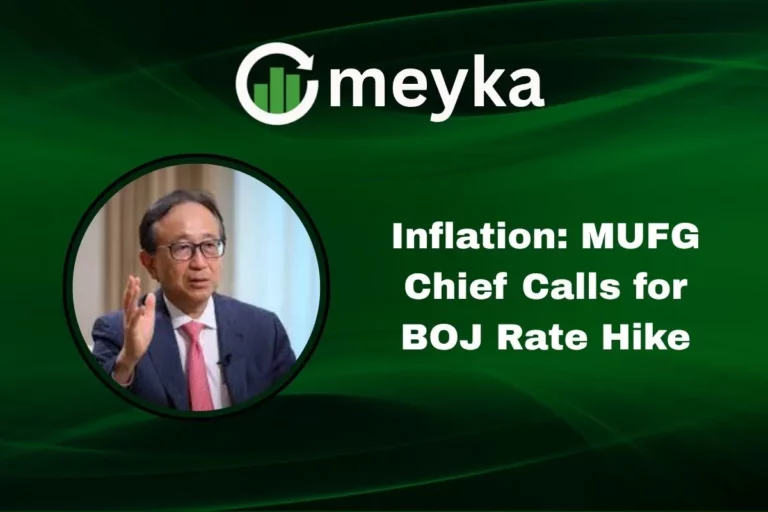China Accuses US of Masterminding $13 Billion Bitcoin Hack
A dramatic allegation has emerged in the world of digital assets. The Chinese government, through its cyber‑defence agency, has accused the United States of orchestrating a massive theft of Bitcoin worth roughly $13 billion. According to the claim, about 127,000 BTC were stolen from the LuBian mining pool in December 2020, and the U.S. is alleged to have taken the funds. This story has major implications for crypto markets, investor sentiment, and how we think about digital‑asset risk.
Continue Reading on Meyka
This article is available in full on our main platform. Get access to complete analysis, stock insights, and more.
Read Full Article →





